Business Insurance
Introduction
Insurance is a fundamental part of risk management for businesses of all sizes. From start-ups to well-established enterprises, having the right coverage can mean the difference between financial stability and catastrophic loss. This article explores essential insurance policies, key market statistics, and real-world examples where a lack of coverage led to disaster. It also delves into the importance of cyber insurance, particularly in light of regulatory frameworks like Cyber Essentials, NIS2, and the role of the Information Commissioner’s Office (ICO) in enforcing compliance.
Key Types of Business Insurance
- Business Interruption Insurance
- Covers loss of income due to unforeseen disruptions like natural disasters, fires, or supply chain failures.
- Example: During the COVID-19 pandemic, many businesses without business interruption insurance faced significant financial distress due to lockdowns.
- Cyber Insurance
- Protects against financial losses from cyberattacks, data breaches, and ransomware incidents.
- Given the rise in cybercrime, cyber insurance has become a necessity, particularly for businesses handling sensitive customer data.
- Directors & Officers (D&O) Insurance
- Protects company executives from personal financial liability due to decisions made in their professional roles.
- Example: In cases like the collapse of Carillion, where directors were scrutinized for their roles in mismanagement, D&O insurance can help cover legal defense costs.
- Professional Indemnity Insurance
- Covers legal costs and claims for damages due to inadequate advice, services, or designs provided to clients.
- Essential for consultants, law firms, and IT professionals.
- Employers’ Liability Insurance (Legal Requirement in the UK)
- Mandatory for businesses with employees to cover claims for work-related injuries or illnesses.
- Public Liability Insurance
- Covers claims from third parties for injuries or property damage caused by business activities.
The Growing Importance of Cyber Insurance
Cyber threats have escalated significantly, with UK businesses facing increased ransomware attacks, phishing scams, and data breaches. According to the UK Government’s 2023 Cyber Security Breaches Survey:
- 32% of businesses reported a cyber breach or attack in the past 12 months.
- The average cost of a cyber breach for medium and large businesses was over £19,400.
UK Government Cybersecurity Regulations
To enhance cybersecurity resilience, the UK government has introduced several frameworks:
Cyber Essentials
- A government-backed certification that helps businesses implement basic cybersecurity measures.
- Reduces the risk of common cyber threats by up to 80%.
- Essential for companies bidding for government contracts.
Network and Information Systems Directive 2 (NIS2)
- Expands the scope of cybersecurity regulations to more industries, including healthcare, finance, and digital services.
- Introduces stricter security measures and penalties for non-compliance.
- Companies must implement risk management policies and report cybersecurity incidents to regulators.
The Role of the ICO and Data Protection Fines
The Information Commissioner’s Office (ICO) enforces data protection laws under the UK GDPR and the Data Protection Act 2018. Companies failing to protect customer data can face severe penalties.
Notable ICO Fines:
- British Airways (2019): Fined £20 million after hackers stole the personal and financial details of 400,000 customers.
- Marriott International (2020): Fined £18.4 million for failing to protect customer data in a breach affecting 339 million guests.
- Ticketmaster UK (2020): Fined £1.25 million for failing to prevent a cyberattack that compromised payment details.
Businesses without cyber insurance often struggle to manage the financial and reputational damage resulting from such breaches. Cyber insurance policies can cover:
- Incident response costs (forensic investigations, legal fees, and PR expenses).
- Ransomware payments.
- Compensation claims from affected customers.
The Risks of Not Having Adequate Insurance
Several businesses have suffered catastrophic losses due to inadequate insurance coverage. Some examples include:
- Thomas Cook (2019): The company’s collapse resulted in massive financial losses, partly due to insufficient D&O coverage for legal claims.
- Sony (2011): A cyberattack on PlayStation Network led to the exposure of 77 million user accounts. Sony initially lacked cyber insurance, leading to estimated losses exceeding $170 million.
Conclusion
Businesses, whether start-ups or established enterprises, must prioritize the right insurance coverage to mitigate risks. Business interruption, cyber, and D&O insurance are particularly crucial in today’s landscape of cyber threats and regulatory scrutiny. With frameworks like Cyber Essentials and NIS2 in place, businesses must stay compliant to avoid hefty ICO fines and reputational damage.
#BusinessInsurance #CyberSecurity #ICOFines #CyberEssentials #NIS2 #RiskManagement





